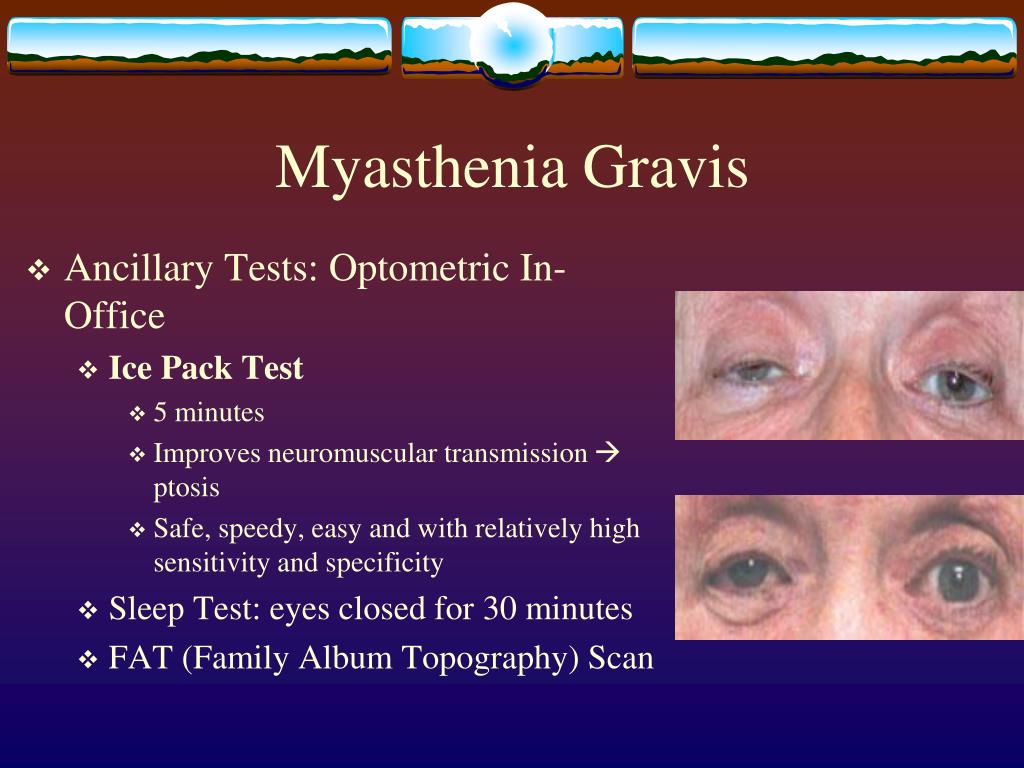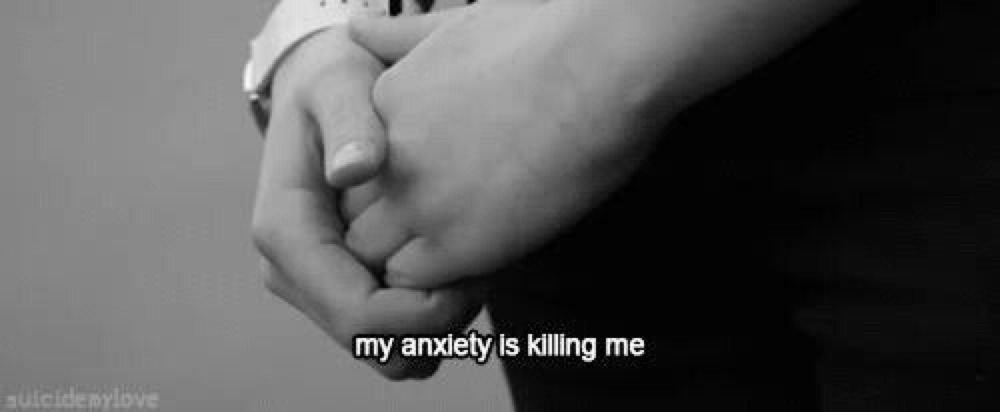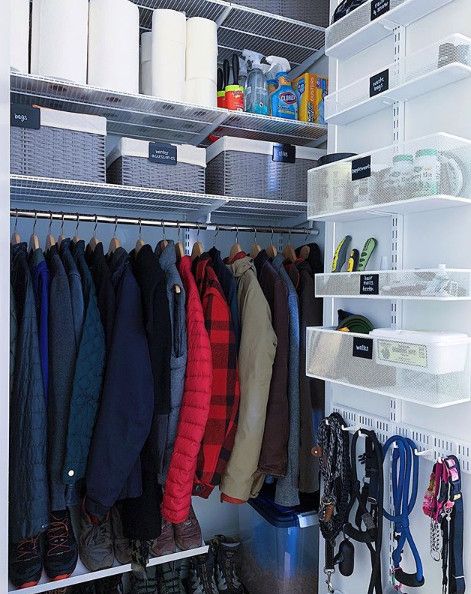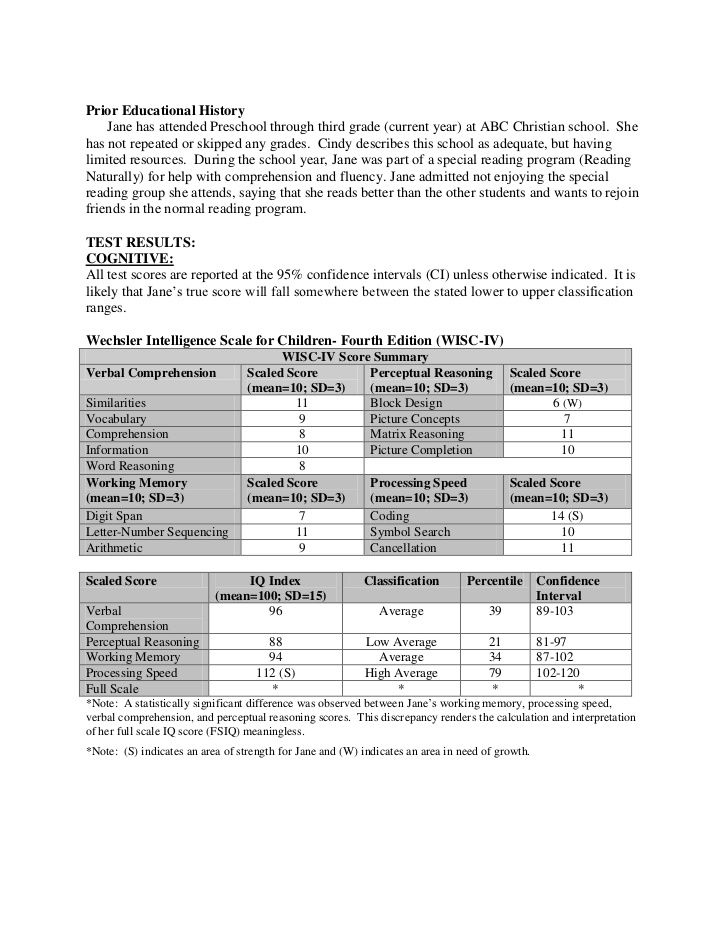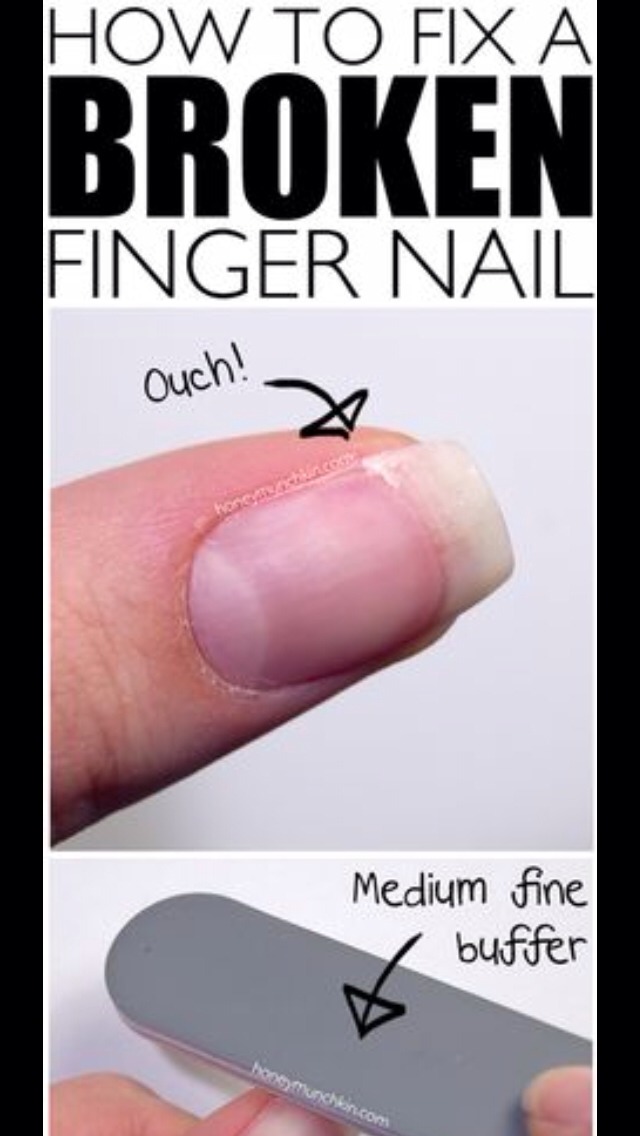Jealous father syndrome
Parental Alienation Syndrome: An Explanation
When parents separate, it is important for both the mother and the father to maintain a relationship with the children. Yet in many cases, children side with one parent or the other. Sometimes this is the child’s own choice, but all too often it occurs due to the influence of the favored parent.
This phenomenon is nothing new, but only recently did it receive a name. In the early 1980s, child psychiatrist Richard A. Gardner coined the term “Parental alienation syndrome.” He defined it as a disorder in which a child belittles and insults one parent without good reason, due in part to influence from the other parent.
Parental alienation syndrome is not officially recognized by the medical or legal fields as a mental health issue. But there’s no denying that estrangement from one parent takes place in many separations and divorces. This can occur for a number of reasons, including but not limited to the following:
- One parent wants the other parent out of his or her life completely.
Turning the children against the former partner is a way to achieve that.
- The custodial parent wants money or property from the non-custodial parent and uses the children as bargaining tools.
- One parent is overly possessive or jealous, and wants the children all to him/herself.
- One parent believes that the other parent is unworthy of the children.
- One parent feels unable to compete with the other parent for the children’s affections, and retaliates by trying to keep the kids from seeing him or her.
- The offending parent is hostile toward the other parent and keeps the children away to hurt him or her.
Whatever the reason, the offending parent effectively turns the child or children against the other parent. He or she may withhold or limit visitation or reduce or eliminate contact between parent and child. He or she might make disparaging remarks about the other parent to or in the presence of the children, or even make false allegations of abuse.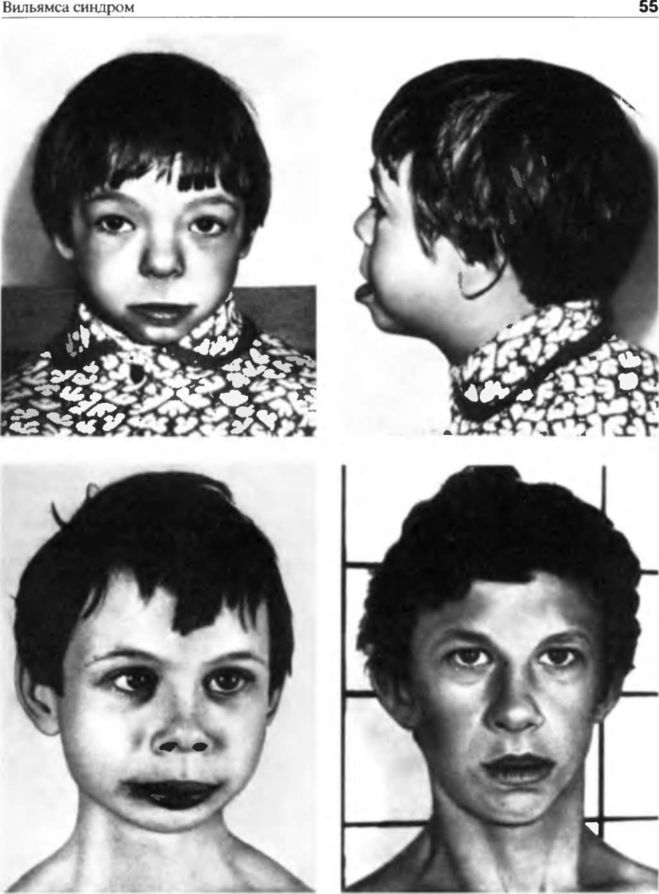 Whether it is directly stated or not, the offending parent might make the child feel that he must choose one or the other.
Whether it is directly stated or not, the offending parent might make the child feel that he must choose one or the other.
When subjected to this behavior, children often side with the alienating parent. They do this to gain approval from that parent, or because they believe the terrible picture that has been painted of the other parent. Yet they often assert that the decision to reject the other parent is their own, because they don’t want the offending parent to feel or appear guilty.
Parental alienation syndrome can be mild or severe, but in any event, it can have devastating effects on the child involved. He becomes trapped in the middle of a conflict between two of the most important people in his life. The relationship with both parents usually becomes strained, and he may lose contact with one of them. Unless abuse of some sort is a factor, it is generally in the child’s best interest to encourage a good relationship with both mother and father.
Subscribe
Subscribe to Child Development Institute so you never miss out on a mustread article.
Name
Share us on facebook
Follow us on twitter
Follow @parentingweb
Recent Tweets by @parentingweb
Are narcissists jealous of their children?
Quick Navigate This Post
So often, my narcissistic abuse recovery coaching clients are people who are or were in relationships with malignant narcissists. They get in touch with me because they need help either getting out of or getting over a toxic relationship – and often to help them to let go of one and find themselves again.
They get in touch with me because they need help either getting out of or getting over a toxic relationship – and often to help them to let go of one and find themselves again.
One of the most common issues I find with these clients is that they often also have a narcissistic parent who really shaped parts of them – and one who was often jealous of them – even in childhood. Then there are the parents who are struggling with their narcissistic spouse or co-parent (or step-parent) due in part to that person’s jealousy of the kids involved in the relationship – whether or not the kids are their own.
And ultimately, one question these people ask me – whether it’s from the adult child of a narcissist perspective or from the perspective of someone who is forced to co-parent with a narcissist is the same: why are narcissists jealous of children?
Why are narcissists jealous of children?So, I’m going to break this video into two sections – first the narcissistic mother and then the narcissistic father.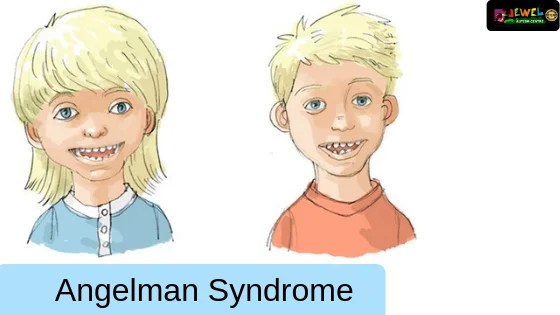
Let’s start with your everyday, average narcissistic mother.
Let’s begin with a quick story.
The other day, my 8-year-old daughter was wearing a tank top and I was suddenly aware that there are signs of future development in her chest area. I thought immediately of the story one client had told me – her father had sexualized her and her mother had been insanely jealous – so much so that she never took her daughter to get a bra, even when she desperately needed one. To make a long story short, this was a pretty traumatic omission for my client. So, that day, I took my daughter shopping and bought her a little starter bra wardrobe – mostly little pullover bras with a little padding to help her feel comfortable. She probably doesn’t even need bras just yet – it is only noticeable in thin tanktops – but I felt like it was something I needed to do. I told my client about it, and let her know how her experience had inspired me. Even better, my daughter loved the experience and it was really good for our bonding.
I told my client about it, and let her know how her experience had inspired me. Even better, my daughter loved the experience and it was really good for our bonding.
Now, in my case, the relationship with my daughter was strengthened by the “bra” experience. In the case of a narcissistic mother, the relationship can take a bit of a downturn when the narcissistic mother sees her daughter beginning to develop feminine qualities.
I think when the narcissist is a mother, her jealousy is partially related to the fact that her daughter is growing into a woman and this reminds the narcissistic mom that she’s getting older and that her daughter will soon be the one people are staring at – if she’s not already.
This makes her feel insignificant and this feeling of inadequacy is intensified when she is concerned that her husband (father or stepfather) feels warmly toward the daughter, loves her, or even shares interests with her that are separate from the narcissist mom’s.
In some cases, the father or stepfather will do things that make the narcissist mom believe that he is sexualizing his daughter or stepdaughter – as in the case of the client I mentioned – and she will retaliate against her own daughter in the same way that a jealous wife would retaliate against someone who was actively flirting with her man and trying to steal him away.
In response, the codependent father will often pull away from his daughter and focus his affections on the narc mom and or any male children in the household – further isolating and alienating the daughter of the narcissist.
Narcissistic Mothers and Their SonsWhen it comes to narcissist moms and sons, there can be a couple of different scenarios – either the son is also a narcissist and therefore the “golden child” who can do no wrong, or he’s constantly berated for not being good enough, no matter how good he actually is.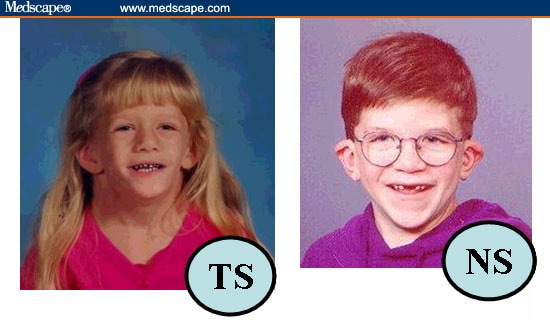 The narcissistic mom uses guilt and tears to control and manipulate him – if she’s not outright ordering him around.
The narcissistic mom uses guilt and tears to control and manipulate him – if she’s not outright ordering him around.
Often the narcissistic mom continues controlling both sons and daughters in various ways well into adulthood – unless they recognize the deal and decide to go no contact. But we all know that isn’t always the case.
If you’re an adult child of a narcissistic mother, you know what I’m talking about. And if you’re co-parenting with a narc mom, you also have a pretty good idea – but your perspective might also include guilt for not knowing how to stop her from abusing your kids.
As Karyl McBride Ph.D. says, “Envy allows the insecure mother to feel temporarily better about herself. When she envies and then criticizes and devalues the daughter, she diminishes the threat to her own fragile self-esteem. Envy is a powerful tool in the narcissist’s repertoire, and you will see this in the mother’s interactions with other people as well.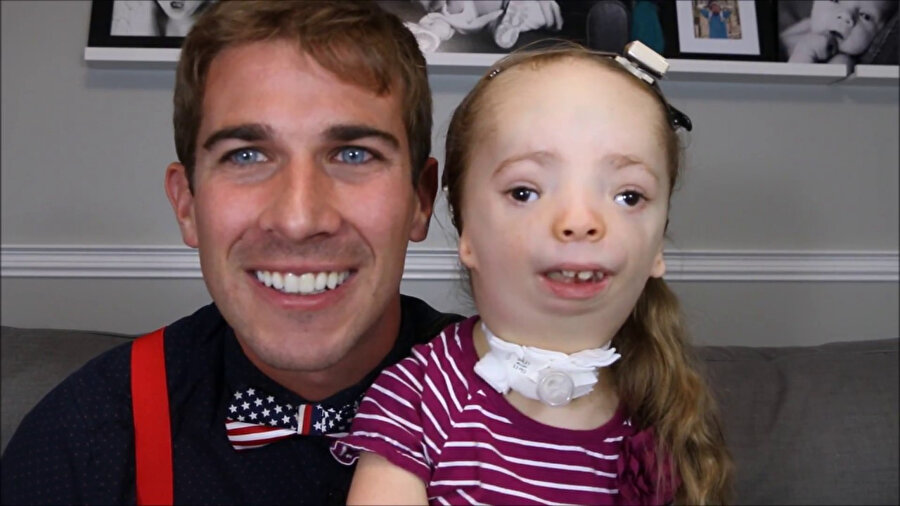 But, when directed at the daughter, it creates a feeling of helplessness and painful self-doubt.”
But, when directed at the daughter, it creates a feeling of helplessness and painful self-doubt.”
Now let’s talk about fathers who are narcissistic. They tend to see their kids as both extensions of themselves and as people they need to compete with. Kids under a certain age are sort of similar to the narcissist – they are the center of their own worlds and they have no ability to empathize.
Narcissistic Fathers See Kids as Sneaky and Assume the WorstThe male narcissist often sees children as devious and cunning – just because they act like kids – where they only think of themselves and they aren’t concerned with others’ feelings – at least not when they’re little. Most kids start showing empathy on some level by the time they’re three years old.
Narcissistic Fathers Compete With Their ChildrenThe narcissistic father is jealous of kids because they steal his supply – they cause their mother to focus on them so much she sometimes forgets he even “needs” that attention – and this makes him feel infuriated – and sometimes, children make him remember what could’ve been – and what he’s not.
He seems to be in shock – he argues with a three-year-old like he’s an adult and criticizes a 10-year-old like she’s his lowly servant who deserves nothing better.
So, the narcissistic father feels intense jealousy because the people he considers “his” – those who he feels belong to him and whose attention he deserves – are often stolen from him in the moment by his child – and god forbid if it’s a step-child – because if he doesn’t feel that the competitor for his attention is an extension of himself, he will ruthlessly batter that kid’s emotional health for all he’s worth, often leaving the kid completely lost and feeling alone in the world.
Narcissistic Fathers Feel Slighted by Children Who Take Away Their Narcissistic SupplyThe narcissistic father hates his own children because they cause his favorite sources of narcissistic supply to ignore him, or to favor someone over him.
The people he “owns” – those he feels he’s got an unwritten contract in which they all owe him attention all the time – he feels betrayed by them in a sense when they love his kids. He discards them over and over again in order to deal with his emotions – and he judges them so harshly that they grow up without the ability to even make their own choices, and like the narcissistic mother, they remain the voice in the kid’s head forever.
He discards them over and over again in order to deal with his emotions – and he judges them so harshly that they grow up without the ability to even make their own choices, and like the narcissistic mother, they remain the voice in the kid’s head forever.
Daughters of narcissistic fathers often report not getting enough attention or getting what they needed from their dads – and while their fathers might compliment them on their beauty as little children, they’d start cutting them down in sneaky ways as they got older – maybe talking about their weight, bad attitudes or treating them like they’re less intelligent than they actually are, for example. Essentially, they leave the daughter feeling like she’s just never enough, and she ends up feeling like no one is ever going to really be there for her – and she either becomes a commitment-phobic type or she loves so hard she leaves proverbial claw marks in the throat of everyone she calls “hers.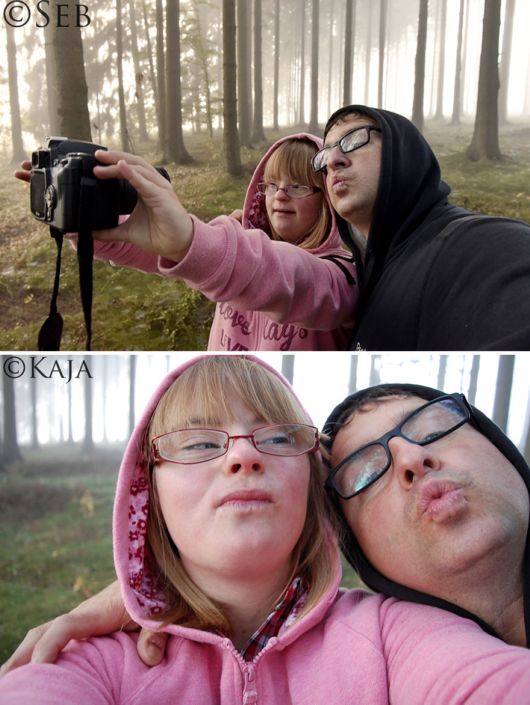 ”
”
Daughters need to feel adored by their fathers and when they aren’t, they lose. A healthy father who loves his daughter can validate her and help her to realize that she has value – and then she learns that she is both special and that she deserves to be loved, just for being herself. Daughters of narc fathers don’t get that gift.
Narcissistic Fathers and Their SonsWhen it comes to sons of narcissistic fathers, they feel like they’ll never quite measure up. They will literally compete with their sons for attention and even in other ways – like beating them at every game, for example.
Sons respond one of two ways – either accept defeat and allow their narc dads to continue to be the king of their castles, or to work hard to beat him at his game, potentially becoming a narc himself. In either case, the son of a narc father can never feel really good about himself – he, like the daughters, will often feel “just not good enough.”
So, let’s sum it all up, shall we?
Narcissistic parents are jealous of their children for a few different reasons.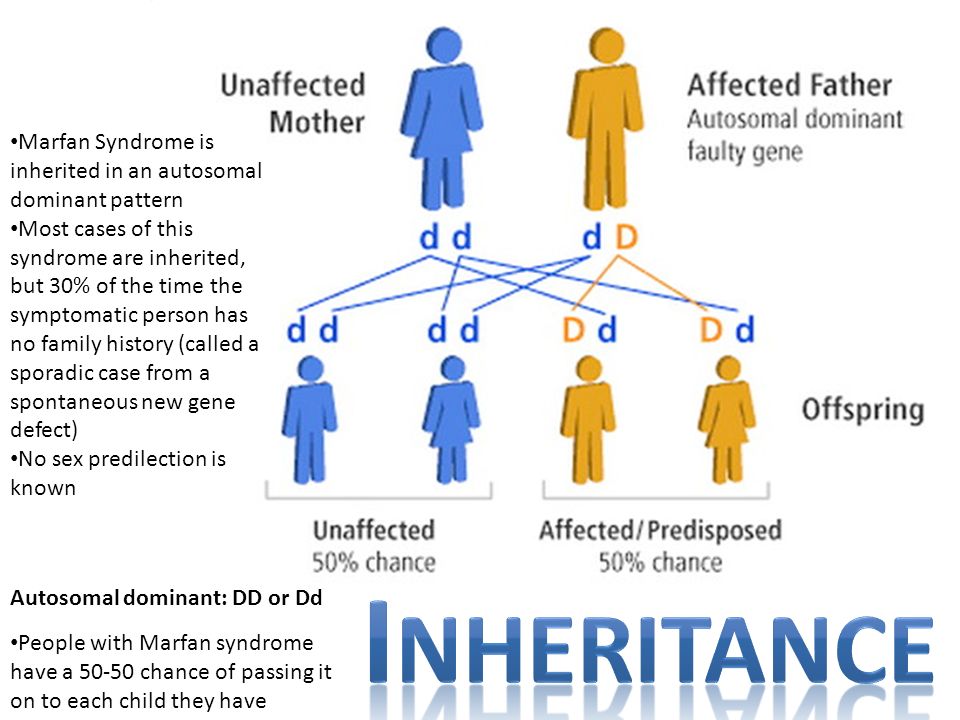
First, the children are always seen as extensions of themselves and while this can lead to narcissistic supply when the child is used as an object for the narcissist to collect attention (such as the narcissistic mom who puts her daughter in pageants), it can also lead to insane jealousy when the children get attention the narcissist parent feels slighted. And this makes him or her feel like they’ve been betrayed.
Mothers are jealous of their daughters in strange ways – as sexual and intellectual competitors, almost like a live-in mean girl, while fathers are jealous of their kids as competitors for attention specifically. And like girls need to be adored by their father for validation, boys need to see that their dad believes in them.
Of course, in both cases, the kids can seem like mirrors to the faults and shortcomings of the narcissistic parents.
So what do you think about all of this? What would you add? What have your experiences been? Let’s discuss it.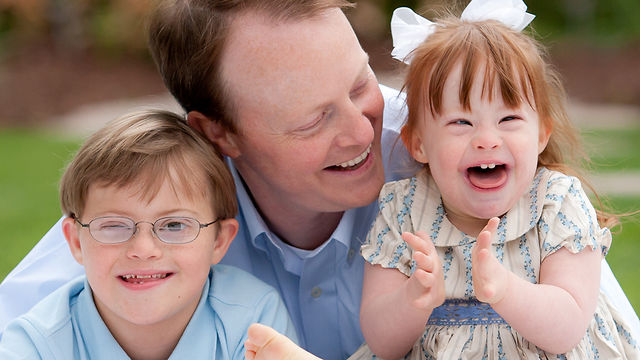
Is your parent a narcissist? If so, these resources will be helpful for you.
- If you’re looking for traditional narcissistic abuse recovery therapy, just be sure to interview your therapist ahead of time, even if that means you just chat with them by phone or video chat before your first appointment. To make sure they are qualified and will understand your situation, you’ll just need to ask the right questions ahead of time – take a look at our recommended list of therapist interview questions right here.
- Still not sure your parent is a narcissist? Take our toxic mother test for some additional insight, right here.
- Already know you’ve dealt with a narcissist mother? Get the support you need! Join our free online narcissistic abuse recovery support group for the adult children of narcissistic parents.
- Looking for more personal support? You might like to join one of our private small-group coaching sessions, or you might prefer to check out our one-on-one narcissistic abuse recovery counseling and coaching sessions.
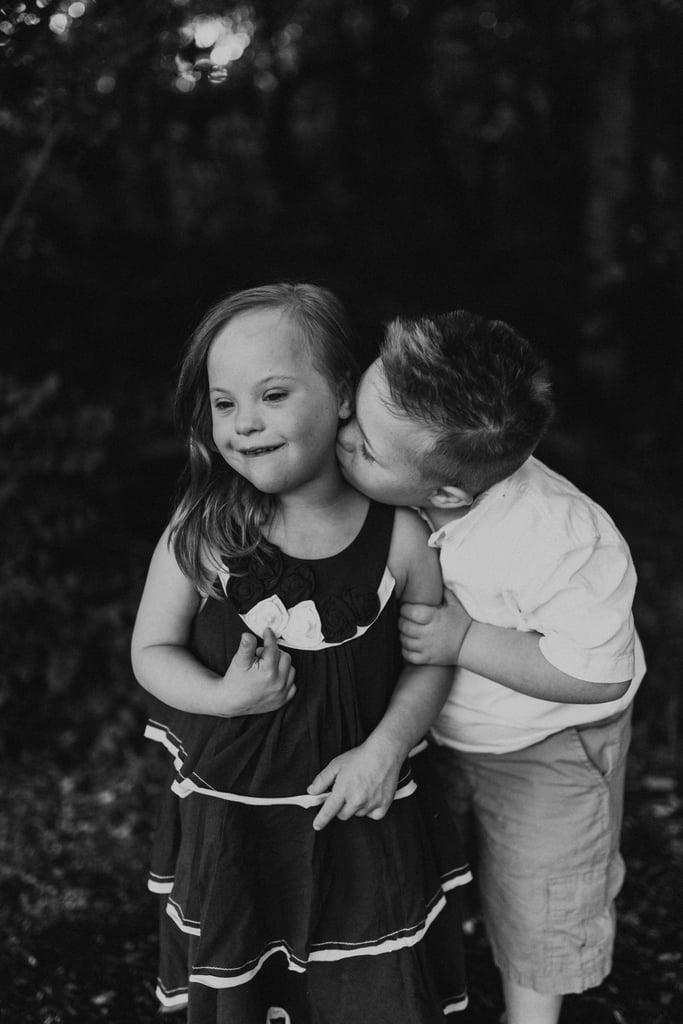
- You can also sign up for our email newsletter service for absolutely free for an enhanced narcissistic abuse recovery experience.
- Books for Adult Children of Narcissistic Mothers
- Inner Child Healing
- Self-Identifying as the Adult Child of a Narcissist
- 63 Things Narcissistic Mothers Say
- Recovering From a Narcissist Mother
- Take the Test: Are you dealing with a toxic narcissist in a relationship?
- Healing Resources for Survivors
- How to Leave a Narcissist (PLAN)
- No Contact Support
- Tools for Recovery
- Self-Care
- First Aid (PERK)
- Free Online Support Groups
- Narcissistic Abuse Recovery Coaching
- Surviving Narcissistic Abuse: 65 Things You Might Say to Your Narcissist If You Could
- Outrage: Narcissistic Fathers Who Leave You When You Are Pregnant
- 121 Things Narcissists Say When They Are Gaslighting You
- Narcissistic Abuse Recovery: Get Out of the Fog with Mindfulness
- Toxic Relationship Recovery: 10 Things You Must Hear Today If You’re Involved with a Narcissist
- Toxic Relationship Recovery: Find Your Inner Strength After Narcissistic Abuse
- Toxic Relationships: One Simple Way to Crush a Narcissist’s Gaslighting
- ACON? How to explain why you went ‘no contact with a narcissistic parent
- Inner Child Healing After Toxic Relationships: The Basics
Author
-
Angela Atkinson
Angela Atkinson is a certified trauma counselor and the author of more than 20 books on narcissism, narcissistic abuse recovery, and related topics.
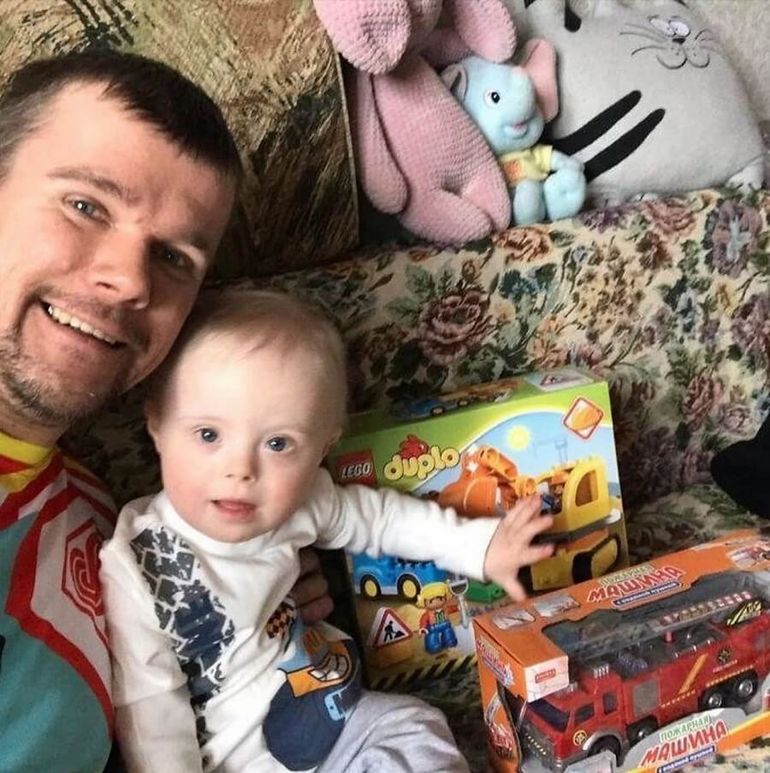 A recognized expert on narcissism and narcissistic personality disorder who has studied and written extensively on narcissistic personality disorder and narcissistic abuse in toxic relationships since 2006, she has a popular narcissistic abuse recovery YouTube channel. Atkinson was inspired to begin her work as a result of having survived toxic relationships of her own. Atkinson offers trauma-informed narcissistic abuse recovery coaching and has certifications in trauma counseling, life coaching, level 2 therapeutic model, CBT coaching, integrative wellness coaching, and NLP. She is a certified trauma support coach and certified family trauma professional. She also has a professional PTSD counseling certification. Her mission is to help those who have experienced the emotional and mental devastation that comes with narcissistic abuse in these incredibly toxic relationships to (re)discover their true selves, stop the gaslighting and manipulation, and move forward into their genuine desires – into a life that is exactly what they choose for themselves.
A recognized expert on narcissism and narcissistic personality disorder who has studied and written extensively on narcissistic personality disorder and narcissistic abuse in toxic relationships since 2006, she has a popular narcissistic abuse recovery YouTube channel. Atkinson was inspired to begin her work as a result of having survived toxic relationships of her own. Atkinson offers trauma-informed narcissistic abuse recovery coaching and has certifications in trauma counseling, life coaching, level 2 therapeutic model, CBT coaching, integrative wellness coaching, and NLP. She is a certified trauma support coach and certified family trauma professional. She also has a professional PTSD counseling certification. Her mission is to help those who have experienced the emotional and mental devastation that comes with narcissistic abuse in these incredibly toxic relationships to (re)discover their true selves, stop the gaslighting and manipulation, and move forward into their genuine desires – into a life that is exactly what they choose for themselves. Along with her solution-focused life coaching experience, Atkinson’s previous career in journalism and research helps her to offer both accurate and understandable information for survivors of abuse in a simple-to-understand way that helps to increase awareness in the narcissistic abuse recovery community. Atkinson founded QueenBeeing.com Narcissistic Abuse Recovery Support, the SPANily Narcissistic Abuse Recovery Support Groups and the Life Makeover Academy. She offers individual and group coaching for victims and survivors of narcissistic abuse here at QueenBeeing.com and at NarcissisticAbuseRecovery.Online.
Along with her solution-focused life coaching experience, Atkinson’s previous career in journalism and research helps her to offer both accurate and understandable information for survivors of abuse in a simple-to-understand way that helps to increase awareness in the narcissistic abuse recovery community. Atkinson founded QueenBeeing.com Narcissistic Abuse Recovery Support, the SPANily Narcissistic Abuse Recovery Support Groups and the Life Makeover Academy. She offers individual and group coaching for victims and survivors of narcissistic abuse here at QueenBeeing.com and at NarcissisticAbuseRecovery.Online.View all posts
Discovery
Understanding
Overcoming
Not sure (Help me decide!)
Subscribe
We won’t send you spam. Unsubscribe at any time.
Powered By ConvertKit
Award for Angie’s YouTube Channel
Disclosure – Click to Read
Pathological jealousy, what is it, what are the symptoms and causes? This is a completely normal feeling, unless, of course, it takes painful, ugly forms.
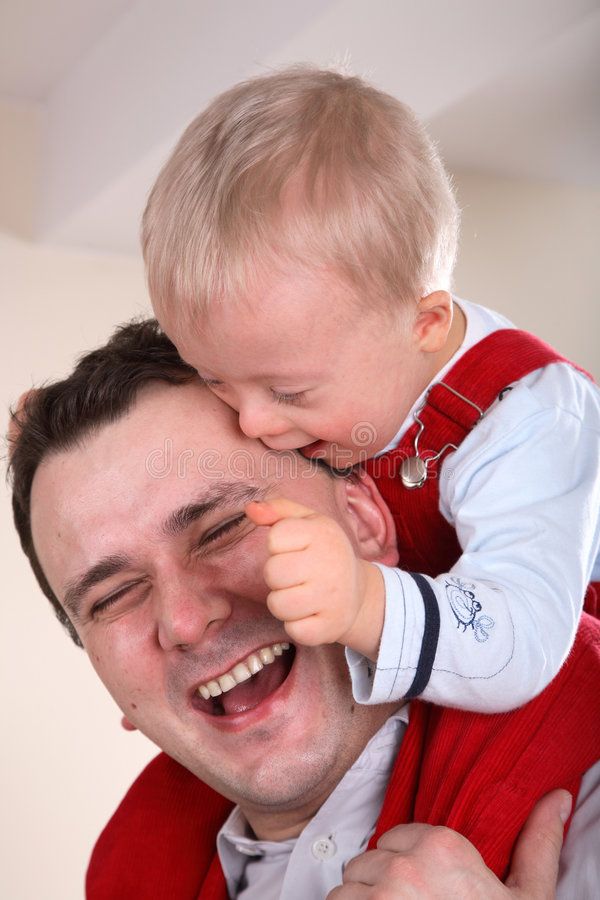 Abnormal, pathological jealousy is a humiliating and destructive phenomenon that must be fought without fail. The delusion of jealousy is a serious mental deviation, socially dangerous and capable of breaking the life of the jealous person himself and those close to him.
Abnormal, pathological jealousy is a humiliating and destructive phenomenon that must be fought without fail. The delusion of jealousy is a serious mental deviation, socially dangerous and capable of breaking the life of the jealous person himself and those close to him.
Mental deviation, which is called the delusion of jealousy, is, first of all, an alarming symptom that speaks of a serious illness. It can be associated with severe psychotic disorders or even brain damage. Most often we hear about painful jealousy in men, but this does not mean that the fair sex does not suffer from it. It's just that in women this problem is much less common.
Scientists associate delusions of jealousy with diseases such as paranoid schizophrenia, chronic delusional disorder, as well as with injuries, neoplasms and infectious pathologies of the brain. Addiction to alcohol and drugs only aggravates the course of the disease and makes this type of jealous person even more dangerous.
Doctors emphasize the plot of jealousy, which is typical for men and women. The representatives of the stronger sex are usually driven by a motive that is not related to spiritual intimacy, love and fear of losing a loved one. They look for the fact of infidelity, accuse the partner of depravity and try to identify lovers. For ladies, the opposite is true - everything depends on feelings, emotions and fear of loneliness.
Despite this difference, the delusions of jealousy are equally dangerous for men and women, as it deprives a person of control over his actions. The phrase "killed in a fit of jealousy" is too common in crime news headlines for us to ignore morbid jealousy.
Clinical picture of delusional jealousy
Many people confuse morbid jealousy with annoying distrust. But these two states are fairly easy to distinguish. Knowing the main signs of the "Othello syndrome", it is easier to find alarming signals and protect yourself from contact with a sick person.
The key factor in recognizing delusions of jealousy is aggression. This phenomenon can have two different vectors, and experts distinguish between heteroaggression - directed outwards, at a partner and others, and autoaggression - directed at oneself. A person with delusions of jealousy can scour the house in search of lovers, scatter and break things, scream and, what is most unpleasant, easily comes to the use of violence. Much less often, a jealous person tries to harm himself or commit suicide.
An important symptom that is hard to miss is the obsessions and delusional theories that the patient is running around with. It happens that a husband discovers his old sock, lost several months ago, and builds a whole story around it. In the logical chain created by the morbid imagination of a jealous man, there is certainly a treacherous lover who, in his absence, visited a dissolute wife, but in a hurry forgot a detail of clothing.
Since the sock is stained with dust, it means that it has been lying behind the sofa for a long time, which means that the betrayal took place at least a month ago.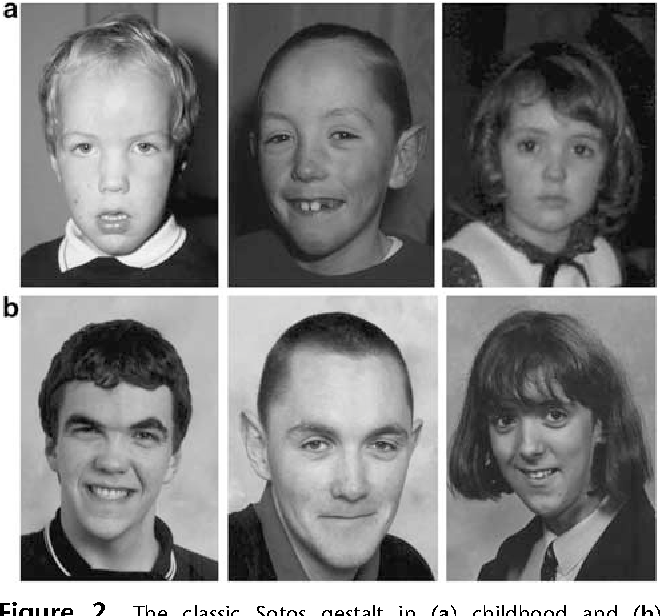 Homegrown Othello recalls that it was at this time that he was away for a couple of days and now a tragedy of a family scale is ready.
Homegrown Othello recalls that it was at this time that he was away for a couple of days and now a tragedy of a family scale is ready.
At the same time, it is useless to convince a jealous person, because for him the situation is already extremely clear. His fixed idea is to catch his partner cheating, and he will never refuse such a gift of fate. It is typical for the patient to dwell on the sexual aspect of the event - he draws pictures of violent sex for himself and his fantasy richly decorates the fictitious picture with details.
Often everything is complicated by conspiracy ideas - a patient with delusions of jealousy believes that they want to kill him, for example, poison or damage him, they try to set up a car accident, and so on. He is distrustful of medicines, food, and even completely ordinary things, such as thread on the bed, crumbs on the table, random glass shards at the doorstep. In many objects, the patient sees poison or mystical attributes of witchcraft.
Such people also practice the so-called stalking. They check their partners at work, monitor them at home, on the street and in companies, read personal correspondence on social networks and carefully study the lists of incoming and outgoing calls on the phone. Often, a patient requires information from a life partner about the movement, people with whom he communicates, and even photo reports and geolocation data.
Colleagues, friends, neighbors, staff of hotels, beauty salons and cafes, casual acquaintances and fellow travelers - any acquaintances of a partner of the opposite sex automatically fall under suspicion. Flirting is seen in ordinary politeness, and such a person is already dangerous not only for a life partner, but also for those around him.
Jealous people often install hidden video cameras at home, and applications that monitor user activity in gadgets. In the most severe cases and patients, hallucinations appear - voices are heard, people are seen in the closet and outside the window. One of the psychiatrists in his scientific work tells the story of a husband who set fire to the house, because it seemed to him that he saw in him a wife with a lover. Psychopaths of this type can do terrible, irreparable things.
Will he go crazy or not?
At all times, women have been inclined to justify pathological jealous people and convince themselves and others that everything is in order. The manifestations of delusions of jealousy are often attributed to incredibly strong love, a bad mood, or a bad temper. Therefore, wives endure humiliating interrogations, surveillance, tantrums and beatings for years. They are afraid of being alone, losing their social status, being left without a livelihood and depriving their children of their father.
Often such humility ends tragically - we know only a small part of what patients with delusions of jealousy do. People with Othello syndrome rage behind the doors of thousands of apartments and their actions remain a mystery. But it is worth learning that pathological jealousy is not a cold and it will not go away, but over time it will only become stronger. Only a decisive break with such a person or an appeal to a specialist who will conduct an examination and prescribe treatment can help.
History knows cases when stories of morbid jealousy ended in mass tragedies. 176 passengers on a Soviet airliner nearly died in 1988 due to the confrontation between a morbidly jealous wife and a not-too-faithful husband.
See also:
Why do Eskimos do “areodyarekput” with their wives?
Did you know that we have Telegram and Instagram?
Subscribe if you are a connoisseur of beautiful photos and interesting stories!
Othello's Syndrome – Doctor Ermakov's Psychotherapy Center
This Privacy Policy determines how Doctor Ermakov LLC collects, uses, stores and discloses information received from users on the information Internet resource https://doctorermakov.ru/ (Website). This privacy policy applies to the Site, all subdomains of the Site and all products and services offered by the Site.
This page contains information about what information we or third parties may receive when you use our Site. We hope that this information will help you make informed decisions regarding the information you provide to us about yourself.
This Privacy Policy applies directly to this Site and to the information obtained through it. It does not apply to any other websites and does not apply to third party websites that may contain reference to our Site and from which links to the Site may be made, as well as links from this Site to other sites on the Internet.
If the user does not agree with this Policy, he must immediately leave the Site.
How we use the information we collect
Doctor Yermakov LLC may collect and use users' personal information for the following purposes:
- to improve customer service.
The information you provide helps us respond to customer requests more effectively;
- to personalize the user experience. We may use the information to determine which Site visitors are most interested in the services and resources provided on our Site;
- to improve our Site. We may use the feedback you provide to improve our services.
Personal data of the User
By entering personal data in the feedback forms on the Site, by pressing the buttons " Send ", " Leave a comment ", " Pay ", the User decides to provide his personal data and gives consent to their processing by their will and in their interest, while such consent of the User is specific and conscious.
The Site Administration does not verify the accuracy of the personal information provided by Users and does not verify their legal capacity. At the same time, the Site Administration proceeds from the fact that the information transmitted by them from users is reliable.
The user is responsible for providing the personal data of a third party.
Personal data entered by the User when filling out the feedback form can be used by the Site Administration to prepare and send an offer, complete a transaction, perform a service or improve the quality of services.
The User's personal information is kept confidential. Under no circumstances does the Site Administration transfer the User's personal information to third parties, except as expressly provided for by the current legislation of the Russian Federation.
The User agrees that the Site Administration has the right to use the User's personal data to carry out electronic news or advertising mailings, including through emails and SMS messages.
Processing of personal data of Users
Acceptance of the terms of this Policy in terms of the provisions on the processing of personal data is carried out by the User putting an appropriate mark when filling out any feedback form and is an expressed conscious consent of the User to the processing of personal data.
The User agrees that the Site Administration has the right to store and process, including automated, any information related to the User's personal data in accordance with Federal Law No. 152-FZ of July 27, 2006 "On Personal Data", including the collection, systematization, accumulation, storage, clarification, use, distribution (including transfer), depersonalization, blocking, destruction of personal data provided by the User when filling out the feedback form on the Site.
Consent to the processing of personal data may be withdrawn by the User at any time by writing to the Site Administration. If the User revokes consent to the processing of personal data, the Site Administration deletes the User's personal data and is not entitled to use them in the future.
How we protect your information
The Site Administration ensures confidentiality and security when processing personal data. We take appropriate security measures to collect, store and process any data collected to protect it from unauthorized access, alteration, disclosure or destruction of your personal information (username, password, transaction information and data stored on our Site).
Sharing personal information
We do not sell, trade, or rent users' personal information. We may share general aggregated demographic data, not linked to personal information, with our partners and advertisers for the purposes described above. We may use third party service providers to help us operate our business and the Site or manage activities on our behalf, such as conducting mailing lists or performing statistical or other research. We may share this information with these third parties for limited purposes, provided that you have given us the appropriate permissions.
Changes to this privacy policy
Doctor Ermakov LLC has the discretion to update this privacy policy at any time. In this case, we will post a notice on the home page of our Site and notify you by email. We encourage users to check this page regularly to stay informed of any changes to how we protect the personal information we collect. By using the Site, you agree to be responsible for periodically reviewing the Privacy Policy and changes to it.
Your acceptance of these terms and conditions
By using this Site, you signify your specific and informed consent to this Policy. If you do not agree to this policy, please do not use our Site. Your continued use of the Site following the posting of changes to this policy will be deemed your acceptance of those changes.
Disclaimer
Please note that the privacy practices of visiting third party Sites are not governed by this document. The Site Administration is not responsible for the actions of other websites.
How to contact us
If you have any questions about the privacy policy, use of the Site, or other issues related to the Site, please contact us by e-mail: dr-a.ermakov@yandex .ru.
Details of Doctor Ermakov LLC:
Full name: Doctor Ermakov Limited Liability Company
Abbreviated name: Doctor Ermakov LLC
Registration date: September 04, 2015
Actual address: 630005, Novosibirsk, Krylova st.



